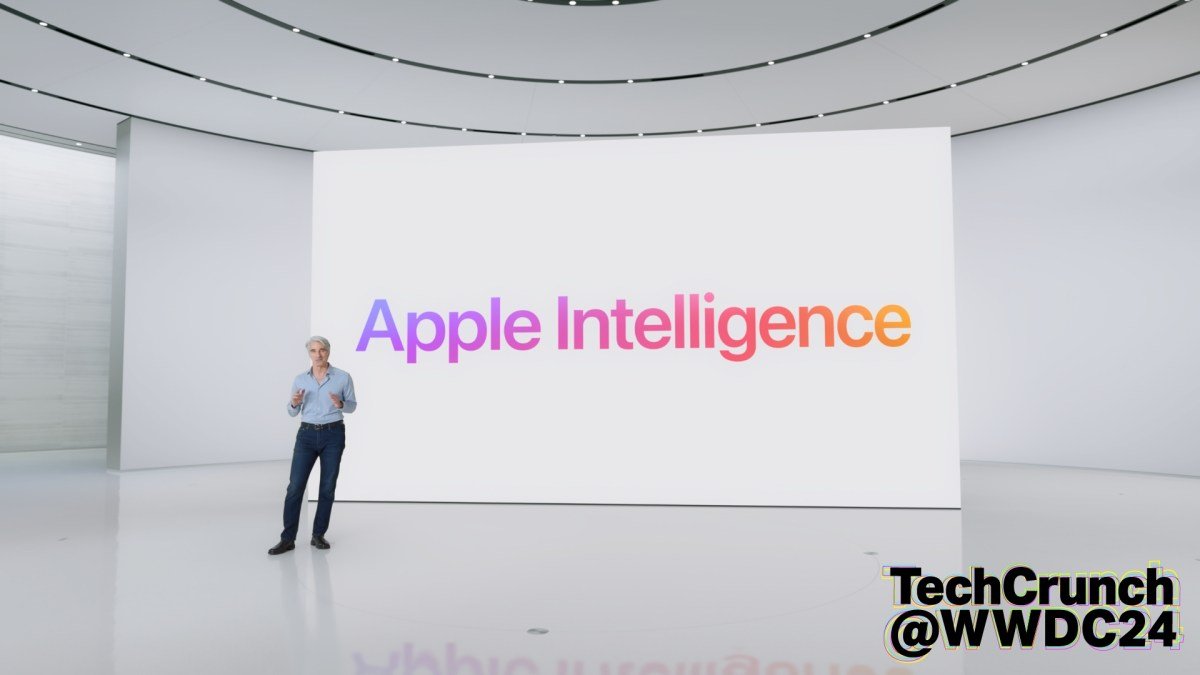Since its launch, models like ChatGPT, Gemini, and Midjourney have sparked questions about their role in our daily lives. With the introduction of Apple Intelligence at WWDC 2024, the tech giant seeks to answer these questions and showcase its own take on the category.
At Monday’s flashy presentation led by SVP Craig Federighi, Apple made it clear that its in-house models are just as capable as their competition. Whether these models will outperform others is yet to be seen, as the betas were only released on Monday. However, Apple has revealed some key differences in its approach to generative AI.
One of the main differentiating factors of Apple Intelligence is its more tailored and pragmatic approach. While other companies prioritize bigger and more generalized models, Apple’s focus is on creating a frictionless and personalized user experience. This aligns with the company’s philosophy of always prioritizing user experience above all else.
Another aspect that sets Apple Intelligence apart is its use of smaller models. These models are trained on customized data sets specifically designed for the needs of Apple’s different operating systems. This not only ensures a smoother experience for users, but also increases transparency in how the system makes decisions.
While larger models may have more variety in their functionality, Apple believes that its more focused approach will result in more accurate and efficient results. In cases where a topic is out of the scope of Apple’s models, the system may prompt the use of third-party applications. However, the company ensures that user privacy is maintained by giving users a choice to share information externally.
One area where Apple has chosen to partner with third-party models is OpenAI’s ChatGPT. This makes sense given the limited focus of Apple’s models, which are trained specifically for the macOS and iOS experience. However, the company has made it clear that privacy concerns were a factor in this decision. Users have the option to opt-in or opt-out of using third-party platforms, but cannot opt-out of Apple Intelligence entirely.
In terms of computing, Apple offers both on-device processing and cloud-based processing with their Private Cloud Compute option. While the company holds both to the same privacy standards, users can opt-out of using cloud-based processing if desired. However, this may limit the data accessible to the operating system and Siri.
Apple is upfront about their approach to data sets and how they are trained. The company uses a combination of licensed data sets and public information, gathered through their web crawler called AppleBot. With the introduction of Apple Intelligence, the company has added a prompt for publishers to opt-out of having their content used to train these models.
In a whitepaper released at WWDC, Apple highlights four principles that govern their AI models: empowering users with intelligent tools, representing diverse users, designing with care, and protecting user privacy. These principles reflect Apple’s commitment to tailoring their models to provide the best possible user experience while maintaining privacy and avoiding perpetuating stereotypes and biases.
Overall, Apple’s bespoke approach to foundational models aims to provide a seamless and personalized experience for users. However, as the betas reach general availability, the company will also have to navigate the challenge of balancing user privacy with transparency. While some users may not care about the specifics of how the system operates, Apple should strive to provide transparency for those who do. This not only serves the users but also respects the choices of publishers whose content may be used to train these models.








